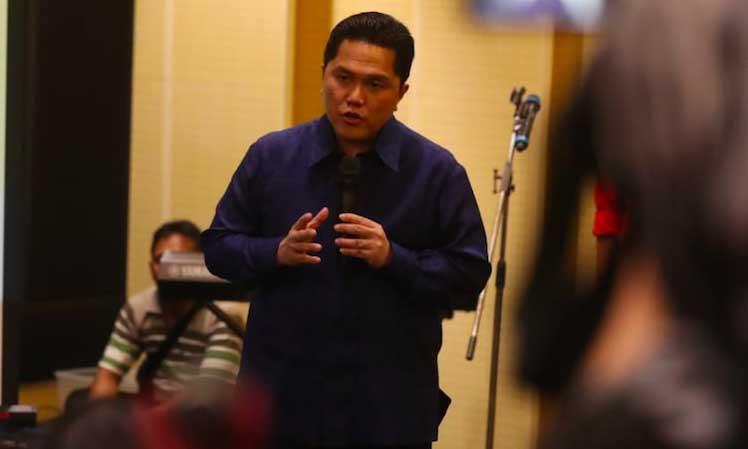There was a surprise at Thursday’s meeting of the Czech National Bank. The Bank Board decided to increase the two-week repo rate by 0.75 percentage point to the resulting 1.5%. This is the largest increase in interest rates in the last 24 years. By doubling the two-week repo rate, the Czech National Bank has responded to growing pro-inflationary pressures, which do not currently appear to be temporary. In the current situation, we can expect higher inflation growth at least until the middle of next year. In response to the CNB’s strong decision, the koruna strengthened against both the euro and the dollar. After the strengthening of the koruna in the afternoon, a slight correction came immediately after the announcement of the CNB’s decision. Even so, we expect a stronger koruna in the medium term.
Global pressures in the form of a lack of production inputs and rising energy prices, in addition to local pressures in the Czech Republic in the form of a very tight labor market and loose monetary and fiscal policies, have been pushing the CNB to normalize interest rates since June. At the CNB press conference, special attention was paid to local pro-inflationary pressures, which have intensified in recent months. It is clear that global shortcomings and the associated growth in the prices of production inputs on world markets are spilling over into the environment of the Czech Republic. This is also reflected, for example, in the increase in the price of selected services, such as culture or health care, where the rise in prices is mainly due to the domestic environment.
Due to the amount, strength and combination of pro-inflationary pressures, an increase in interest rates was expected. However, the increase in the two-week repo rate by 75 basis points was a surprise. Markets expected interest rates to rise by 50 basis points at the September meeting. The increase of 75 basis points is thus the basis for strengthening the koruna in the coming weeks. At the 12-month horizon, the markets expect another four rounds of rate hikes, which should move the two-week repo rate to 2.5%.
From the medium-term point of view, the November meeting of the CNB will be absolutely crucial for the koruna’s exchange rate, where a further increase in interest rates between 25 and 75 basis points is expected. From the current point of view, an increase in rates by 50 points in November seems most likely. The presentation of the CNB’s new forecast, which will indicate the direction monetary policy in the Czech Republic in the coming months, will also be crucial. The prospect of further tightening of monetary policy would be a strong foundation for the strengthening of the koruna, which in 2022, according to our estimates, should look below 25 koruna per euro.
However, we do not expect a significant strengthening of the koruna against the dollar in Roklen. Markets are responding to rising inflation in the US by appreciating the Fed’s earlier tightening of monetary policy. The dollar has therefore made gains against most of its major currency pairs in recent days. Due to the reopening of the economy, inflation in the US is accelerating at the highest rate in ten years. In addition, the Fed raised expected inflation in the coming years and its representatives indicated its intention to significantly reduce the volume of asset purchases. The Fed’s hawkish rhetoric was also reflected in the growth of US revenues.
–


